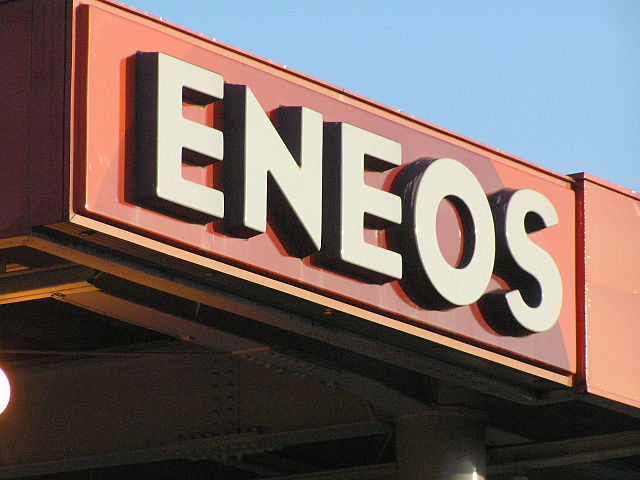SAF gains traction in Japan and South Korea

Japan’s ENEOS Corporation has big SAF ambitions. It is already the largest oil and gas company in the country. The 188-year-old business is aiming for 50% market share of Japan’s SAF market. By 2040.
This is ambitious. Japan is the world’s sixth largest civil aviation market by number of passengers. It is also committed to SAF. Japan is working on a blending mandate of 10% by 2030. The mandate will fall on jet fuel producers, requiring them to produce at least 10% SAF at local refineries.
A key part of ENEOS’s strategy is its Wakayama plant. This 81-year-old crude oil refinery was shut down in 2023 and is now being converted into a biofuel refinery.
Last week it signed a supply deal with four Japanese and one Korean company to supply waste cooking oil and fats. Japanese firms Nomura Jimusho, Yoshikawa Yushi, Sapporo Yushi and HMLP have agreed to supply waste fuel to be processed at Wakayama. The deal also includes South Korean Dansuk, which is already working on biofuels.
ENEOS will have competition. Rengo, a Japanese cardboard maker, has acquired a 60% stake in biofuels research firm Biomaterial in Tokyo. This is just a month after the two firms launched a demonstration project to produce second-generation bioethanol as a raw material for SAF.
South Korea is also seeing a lot of SAF announcements. As well as working with ENEOS, Dansuk is constructing HVO pre-treatment facilities to produce SAF. The project is expected to come online by the second half of 2024.
Another South Korean refining firm S-Oil announced that it has received the International Sustainability & Carbon Certification (ISCC) Carbon Offsetting and Reduction Scheme for International Aviation (CORSIA), the ISCC EU and the ISCC PLUS approvals to produce SAF in the country.
S-Oil has started to process bio-based feedstocks, including used cooking oil and the by-products of palm oil, to produce SAF and naphtha. The company further added that it will also produce eco-friendly chemicals such as polypropylene using waste plastic-based pyrolysis oil.
South Korean chaebol LG has partnered with Italy’s Eni to launch a joint venture to process 400,000 tons of renewable bio-feedstocks annually to produce SAF, hydrotreated vegetable oil (HVO) and bio-naphtha. The final investment decision on the project is expected later this year with the aim of beginning operations at the biorefinery by 2026.
South Korean government officials say that the country’s four major oil refiners plan to invest a combined $4.5bn over the next seven years towards local SAF production capacity and other biofuels.
Subscribe to our free newsletter
For more opinions from SAF Investor, subscribe to our email newsletter.
